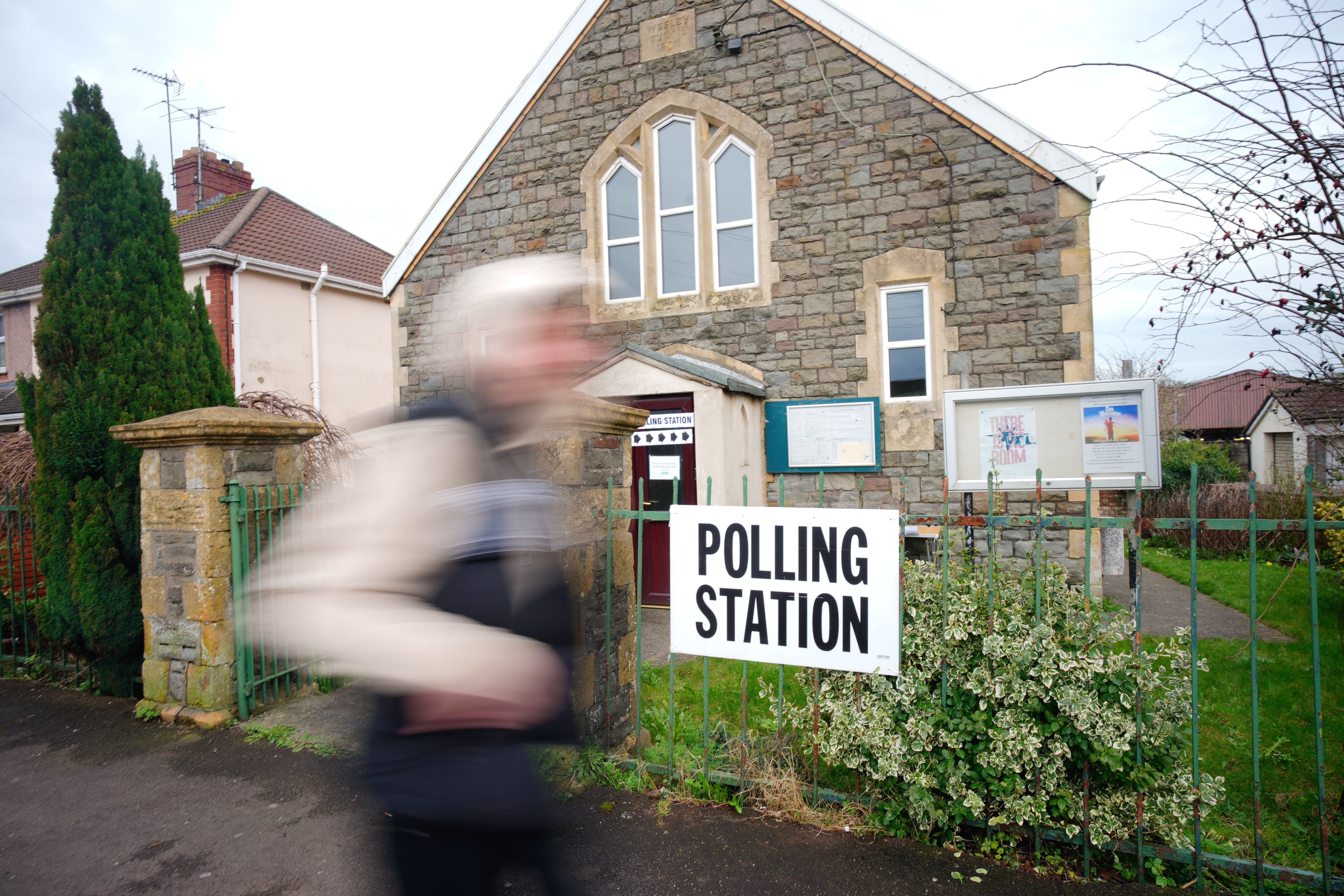What are the chances of a May general election?
Rishi Sunak might be hoping for a post-Budget boost but voters are running out of patience, as Sean O’Grady explains


A prime minister’s prerogative to dissolve parliament and call an election – restored after the 2019 general election and its chaotic prelude – is usually considered a great political advantage. Although more constrained these days by an operationally independent Bank of England, and the Office for Budget Responsibility, a cynical prime minister and conniving chancellor of the Exchequer can still engineer a pre-election boomlet to maximise party political advantage. Yet that very freedom is currently acting as a destabilising influence. Speculation about election dates persists, despite attempts to dampen it down…
Will there be a May general election?
Even though Rishi Sunak has publicly ruled it out, speculation has persisted. Before the new year, Labour figures were openly speculating that there’d be an election in May, hard on the heels of Wednesday’s tax-cutting Budget. Labour may have wanted to create momentum to make Sunak look as if he’d “bottled it” in the event of going for an autumn date instead. So, early this year Sunak stated: “My working assumption is we will have a general election in the second half of this year because, in the meantime, I have lots I want to get on with … I want to keep going, managing the economy well and cutting people’s taxes ... I’ve got lots to get on with.”
However, with the Budget upon us, gossip has begun again. Labour frontbencher Jon Ashworth has even put a public bet on a May election – though at £10 for charity it’s a cheap way to stir up a distraction. Trade minister and former Tory chair, Greg Hands, has ruled out May for a polling date but that may not be sufficient to calm things.
Would a May election be a good idea?
Risky. The government will still be 15 to 20 points behind Labour but the logical argument is that things could actually get worse as the year drags on and an earlier poll would contain Tory losses compared to later in the year. A warm post-Budget glow could suffuse the political atmosphere, and voters might be convinced Sunak’s plan is working and that good times are around the corner. It would also eliminate the risk that another disastrous set of local elections on 6 May would destroy the Tories’ minimal sense of momentum.
What’s more, additional national insurance cuts will be felt in pay packets by then, on top of the reduction implemented in January. Spring will have sprung and perhaps the economy will be on the turn, and chatter about interest rates coming down might intensify. But there will be scant evidence of a recovery in living standards, and voters were stubbornly unimpressed by the national insurance cuts announced by Hunt last autumn.
What about an election in June or July?
Britain’s economy could improve more by then, with inflation and mortgage rates perhaps decreasing on a firmer trajectory. There’s an outside chance that the Rwanda plan will see planeloads of unfortunate refugees deported. Still more fancifully, the resultant deterrent effect might “stop the boats”, or at least reduce the traffic markedly. But this remains a huge gamble.
What about an election in September or October?
Well into the second half of the year and consistent with the PM’s “working assumption”. Elections in July and August are best avoided because of school holidays, so late September going into October is certainly possible. Again, the PM will hope in his Micawberish way that “something will turn up” by then – perhaps tangibly lower inflation, cheaper mortgages, or the economy showing signs of life. On the other hand, Britain might be deeper in stagnation with another wave of public service strikes.
What about an election in November?
By 25 October, Sunak will have completed two years in Downing Street, which could be a personal goal of sorts. There’s the opportunity for an autumn statement and further tax cuts, and the eternal hope of economic recovery.
But by this point in the year, voters may begin to seriously resent any attempts to postpone the inevitable, and the longer Sunak leaves it the more that folk will punish him for “squatting” in Downing Street for no great purpose.
The last possible lawful date for an election would be 28 January 2025 but that really would be hanging on to the bitter end and Sunak has already implicitly ruled out a 2025 poll. Unlike in the “get Brexit done” election of December 2019, there is no pressing justification for such unusual timing.
What does election history say?
Sometimes polls do tighten as a government’s term of office runs down. In 1964, for example, the Tories installed a new leader about a year before polling day; Alec Douglas-Home was almost able to overhaul Labour’s previous commanding poll leads. The same was true for James Callaghan, who found the economy improving and his chances of re-election – previously zero – brightening in the autumn of 1978. His famous error was assuming that things could only get better in 1979, but the winter of discontent destroyed his administration and put his party out in the cold for 18 years.
Join our commenting forum
Join thought-provoking conversations, follow other Independent readers and see their replies
Comments
Bookmark popover
Removed from bookmarks